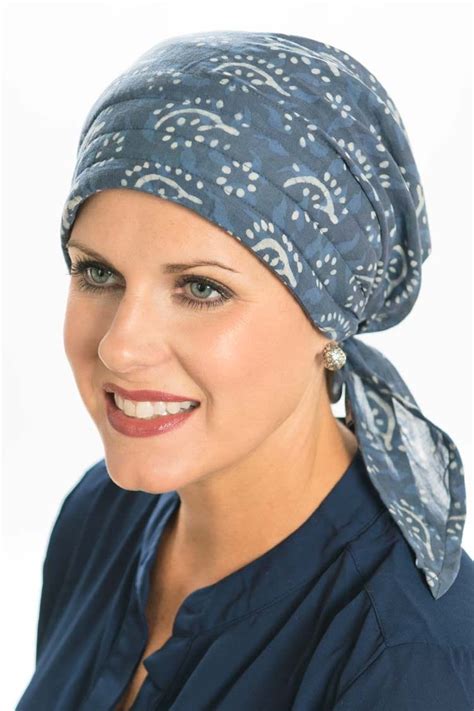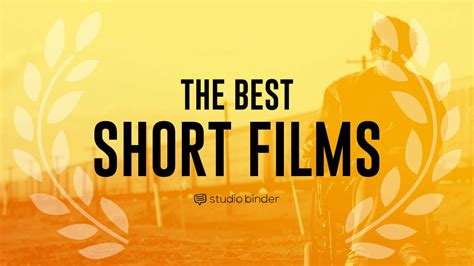Introduction
Short films are a powerful medium that can convey captivating stories, evoke emotions, and leave a lasting impression on audiences. With their concise runtime and focused narratives, short films demand creativity and precision in every aspect, including style. This article explores the best short film styles, providing a comprehensive guide for filmmakers to elevate their craft and connect with viewers.

Best Short Film Styles
1. Narrative
Narrative short films tell a complete story, often with a beginning, middle, and end. They can range from dramatic to comedic, exploring a wide range of themes and characters. Narrative short films engage audiences through their ability to create tension, build suspense, and deliver a satisfying payoff in a short amount of time.
2. Documentary
Documentary short films present real-world stories and events in a factual and engaging manner. They use interviews, archival footage, and observational techniques to inform, educate, and inspire audiences. Documentary short films play a crucial role in raising awareness about important issues and providing diverse perspectives.
3. Experimental
Experimental short films break away from traditional narrative conventions, embracing unconventional techniques and innovative storytelling. They push the boundaries of filmmaking, exploring visual aesthetics, sound design, and editing in unique and often surreal ways. Experimental short films challenge audiences to think outside the box and engage with the medium on a deeper level.
4. Animation
Animated short films use animated sequences to tell stories or convey ideas. They can be hand-drawn, computer-generated, or a combination of both. Animation short films offer limitless creative possibilities, allowing filmmakers to create worlds and characters that would be difficult or impossible to achieve with live-action footage.
Benefits of Short Film Styles
Each short film style offers distinct advantages and benefits to filmmakers:
| Style | Benefits |
|---|---|
| Narrative | Captivating storytelling, suspense, and emotional depth |
| Documentary | Informing, educating, and raising awareness |
| Experimental | Artistic expression, innovation, and challenging conventions |
| Animation | Limitless creative possibilities, visual storytelling, and engaging characters |
Choosing the Best Style for Your Film
The choice of short film style depends on the story you want to tell, the audience you wish to reach, and the resources available to you. Here are some factors to consider:
- Story and Theme: The style should complement and enhance the story and theme of your film.
- Target Audience: Different styles appeal to different audiences. Consider the demographics, interests, and expectations of your target audience.
- Budget and Resources: Some styles, such as animation, may require more resources than others. Determine your budget and resources before committing to a particular style.
- Technical Skills: The style you choose should align with your technical skills and experience. If you lack expertise in a particular area, consider collaborating with other professionals.
Conclusion
The best short film styles offer a range of creative possibilities, enabling filmmakers to connect with audiences in diverse and meaningful ways. By understanding the benefits of each style and carefully considering your story, audience, and resources, you can choose the best style for your film and elevate your storytelling to new heights.
